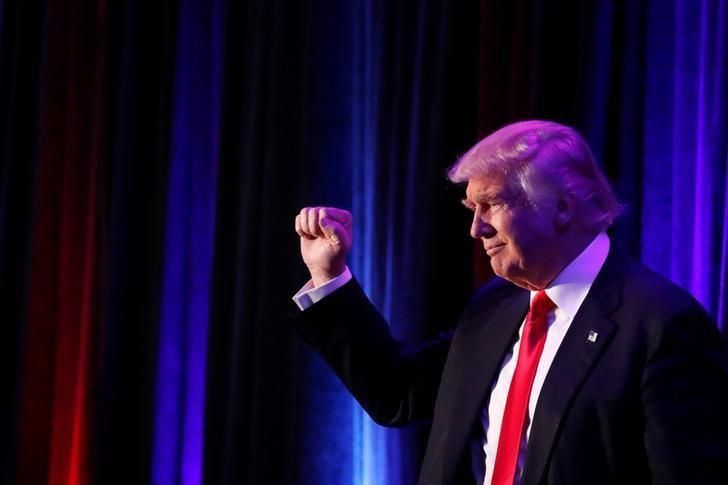Closest Election Results: Where Does Donald Trump vs. Hillary Clinton Rank In US History?

Pollsters, members of the media, the Democratic Party and even to some degree the Republican Party and many of its top leaders didn’t believe GOP upstart Donald J. Trump had much of a chance to defeat former secretary of state and first lady Hillary Clinton last week. Most polls leading up to Election Day proclaimed Clinton the favorite, albeit by varying margins.
Instead, Trump defied the odds and not only pulled out a victory but resoundingly defeated Clinton in the Electoral College vote by 290-232. His final results could widen to as much as 306 electoral votes, a feat not even former Republican president George W. Bush exceeded in his two wins in 2000 and 2004. In fact, the race wasn't even near the tightest Electoral College finishes over the course of 58 presidential elections, or even among the most contested results. Here are the closest election results in U.S. history:
1796
John Adams 71, Thomas Jefferson 68, Thomas Pinckney 59
In the third-ever presidential election, Adams beat out Jefferson and four other candidates as the long-since defunct Federalist Party claimed the executive branch’s highest office for the first time. Under the system of government at the time, Jefferson became vice president after he claimed the second-most electoral votes.
1800
Thomas Jefferson 73, Aaron Burr 73, John Adams 65
This is the election that eventually resulted in the creation of the 12th Amendment to the Constitution, and ushered away the practice of the runner-up taking the vice presidency as a consolation prize. With Jefferson and Burr both representing the Democratic-Republican Party, the rise of which and other parties unexpected by the country’s founders, the electorate used both of their votes on each candidate resulting in the tie. That led the House of Representatives to break the tie. About three and a half years later the amendment that provides the procedure for electing the president and vice president was ratified.
1824
John Quincy Adams 84, Andrew Jackson 99
Adams is the first and only election winner who failed to snag a majority of the electoral votes, but Jackson was the only loser to claim a plurality of the Electoral College and not win. Jackson also won the popular vote by nearly 38,000. The House of Representatives eventually decided the election under the Twelfth Amendment, the only time it’s ever been used to determine the next commander-in-chief. Often referred to as the “Corrupt Bargain,” then-Speaker of the House Henry Clay created a coalition that selected Adams, who in turn named him secretary of state.
1876
Rutherford B. Hayes 185, Samuel J. Tilden 184
Similar to Trump vs. Clinton, the Democrat Tilden claimed the popular vote by more than 250,000 but won 17 states compared to the Republican Hayes’ 21. Tilden’s 184 electoral votes were also one shy of the required number to be president, unlike today’s 270. It came down to Florida, Louisiana, South Carolina and Oregon for their then-20 combined electoral votes. The controversy would stretch on for months, and lead almost right up to Inauguration Day, which was scheduled for March 5, 1877.
Eventually, the election was decided not by votes, but a deal made between the parties called the Compromise of 1877. The deal essentially handed Hayes the 20 votes he needed to claim the Electoral College and in turn the Republicans agreed to pull all troops out of the South and end the Reconstruction Era a little over 12 years after the end of the Civil War.
2000
George W. Bush 271, Al Gore 266
One of the tightest races in terms of both the Electoral College and the popular vote, Bush would eventually claim Florida’s then 25 electoral votes and win the election but not until the courts were involved by both candidates. A recount began in Florida, but Bush sued to hinder those recounts, while Gore also filed a suit to allow vote counters more time. Eventually, Florida’s Supreme Court decided the recounts should continue and Bush challenged their conclusion in the U.S. Supreme Court. The court then sided with Bush.
© Copyright IBTimes 2024. All rights reserved.




















